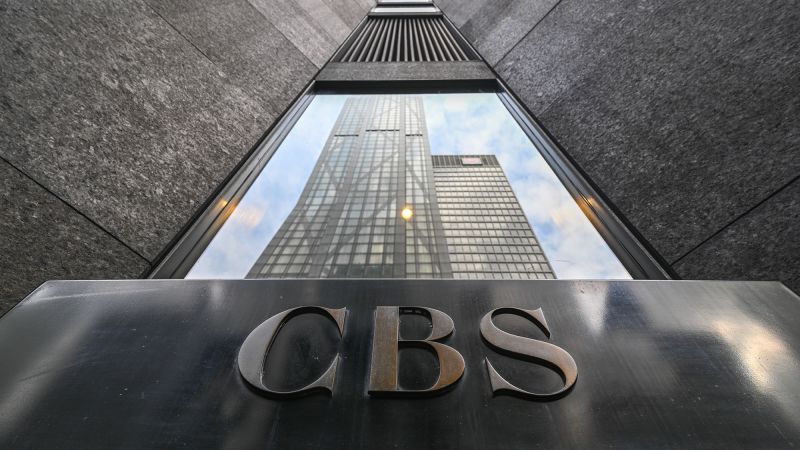Paramount Settles Trump's '60 Minutes' Lawsuit for $16 Million

Paramount Global, the parent company of CBS News, has agreed to pay $16 million to settle a lawsuit filed by former President Donald Trump, a controversial resolution that concluded a protracted legal battle over a “60 Minutes” news report. Announced late Tuesday night, the settlement stipulates that the $16 million, which includes plaintiffs’ fees and costs, will not be disbursed directly to Trump but will instead be allocated to his future presidential library. Paramount explicitly stated that the agreement includes no apology or expression of regret, underscoring the company’s position on the matter.
As part of the settlement, “60 Minutes” has committed to releasing transcripts of interviews with eligible U.S. presidential candidates after such interviews have aired, subject to necessary redactions for legal or national security concerns. This new policy addresses the heart of Trump’s grievance, which stemmed from a “60 Minutes” interview with then-Vice President Kamala Harris. Trump’s lawsuit, initially seeking $10 billion and later raised to $20 billion, alleged that the interview was deceptively edited to favor the Democratic candidate and disadvantage him. He claimed the network violated a Texas consumer protection law, citing confusion among viewers after CBS aired two different soundbites from Harris in response to a question about the Biden administration’s relationship with Israel amid the conflict in Gaza.
Despite Trump’s claims, legal experts widely characterized the lawsuit as frivolous and dangerous, asserting that CBS was on solid First Amendment grounds to defend its editorial decisions. Internal investigations by CBS, including the release of raw tapes and transcripts under pressure from the FCC, confirmed that the network engaged in normal editing practices rather than any nefarious activity. However, corporate priorities appeared to supersede journalistic principles. Paramount has been pursuing a significant merger with Skydance Media, an $8.4 billion deal requiring approval from the Trump administration, partly due to CBS owning government-licensed local stations. This situation seemingly granted Trump a measure of leverage, prompting critics, including prominent press freedom groups, to label the settlement a “payoff” or an act of “extortion.”
Paramount has maintained that the lawsuit and its settlement are entirely separate from the Skydance transaction and the FCC approval process, a sentiment echoed by FCC Chair Brendan Carr. Nevertheless, a Trump appointee to the FCC had previously indicated that complaints over the “60 Minutes” edit would “likely to arise” during the merger review. The internal dynamics at CBS News were significantly impacted by the pressure of the lawsuit and the merger prospects, leading to public expressions of discontent. “60 Minutes” executive producer Bill Owens resigned, citing a loss of editorial independence, and correspondent Scott Pelley publicly stated that executives began to “supervise our content in new ways.” Subsequently, Wendy McMahon, the executive in charge of CBS News, also resigned, noting a disagreement with the company on the path forward.
This settlement aligns with a broader pattern of legal actions taken by Donald Trump against media organizations he perceives as unfavorable. It mirrors a previous agreement where Disney’s ABC News settled a defamation case with Trump, donating $15 million to his presidential library and issuing a public apology. Furthermore, Meta Platforms (Facebook and Instagram) also paid approximately $25 million to settle a lawsuit by Trump concerning the suspension of his accounts after the January 6, 2021, Capitol attack. Trump has continued this strategy, filing a lawsuit against The Des Moines Register and a pollster over a pre-election survey, which he later refiled in an Iowa state court. The Paramount settlement highlights the complex interplay between media, corporate interests, and political pressure in the contemporary landscape.








